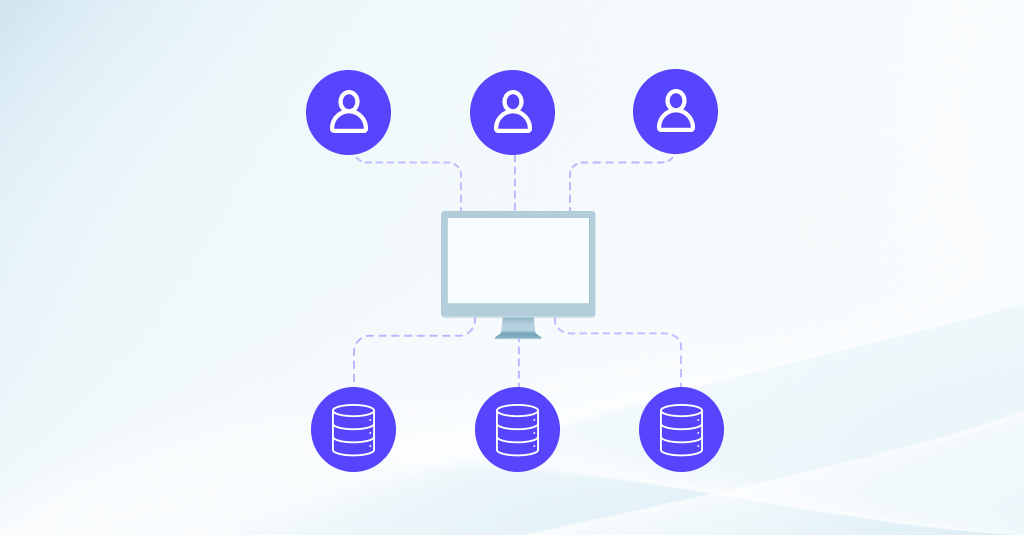What is Self-Service Platform?
A Self-Service Platform is a software or technology solution that empowers users to perform tasks, access information, or carry out specific functions without requiring extensive assistance from IT professionals or support teams. The concept of self-service emphasizes user autonomy, allowing individuals to independently utilize and manage the features and capabilities of a platform. Self-service platforms are designed to be user-friendly and accessible, enabling a broad range of users, including those with limited technical expertise, to engage with the technology effectively.

Self-Service Platform Key Characteristics
User-Friendly Interface: A self-service platform typically features intuitive and easy-to-navigate interfaces, reducing the learning curve for users. The goal is to make the platform accessible to individuals with varying levels of technical proficiency.
Automated Processes: These platforms often incorporate automation to streamline processes and reduce the need for manual intervention. Automated workflows enable users to perform tasks efficiently without intricate technical knowledge.
Customization Options: Self-service platforms may offer customization options, allowing users to tailor the platform to their specific needs or preferences. This flexibility enhances the user experience and adaptability of the platform.
Accessibility: Self-service platforms are designed to be accessible from various devices, such as desktops, laptops, tablets, and smartphones, facilitating anytime, anywhere access.
Documentation and Tutorials: To support users in navigating the platform independently, self-service solutions often provide comprehensive documentation, tutorials, and help resources. These materials assist users in understanding features and resolving common issues.
Security Measures: While emphasizing user independence, self-service platforms must also incorporate robust security measures to protect sensitive data and ensure compliance with privacy regulations.
Scalability: A self-service platform should be scalable to accommodate the evolving needs of users and the organization. Scalability ensures that the platform can grow alongside increasing demands and user requirements.
Self-Service Platform Cover a Wide Range of Applications
Self-Service Analytics Platforms: Allowing users to create and analyze reports, visualizations, and dashboards without relying on data analysts.
Self-Service Business Intelligence Tools: Enabling users to explore and interpret business data independently.
Self-Service Customer Support Portals: Allowing customers to find information, troubleshoot issues, and resolve queries without direct assistance from support agents.
Self-Service IT Service Management Platforms: Empowering employees to initiate and track IT service requests, troubleshoot technical issues, and access IT resources independently.
Self-Service E-commerce Platforms: Enabling businesses to set up and manage their online storefronts, including product listings, inventory management, and order processing.
Conclusion
The main goal of self-service platforms is to enhance efficiency, reduce dependency on specialized personnel, and empower users to accomplish tasks autonomously.







